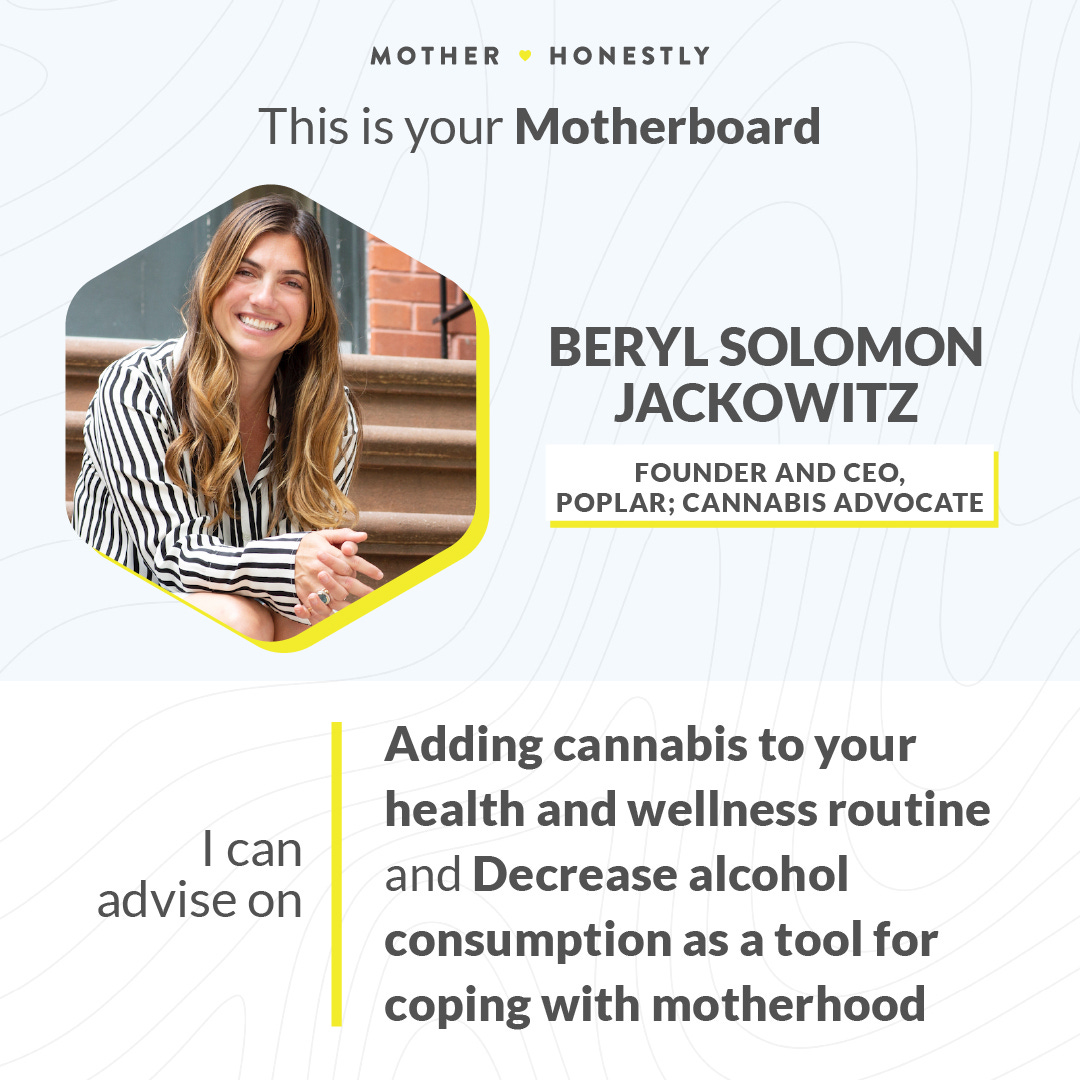How We Recover from a Stolen Year (or Two)
An education reporter and author shares her best advice for helping our kids recover from the pandemic.
When school buildings across the country closed in March of 2020, Anya Kamenetz knew the impact would be devastating for many kids. An education reporter for National Public Radio, she had covered school closures in her hometown of New Orleans after Hurricane Katrina. “I came back 10 years later and found that young people were still being affected by those closures, so I knew school closures were going to be a big deal,” she told me when we chatted about her new book, The Stolen Year: How COVID Changed Children's Lives, and Where We Go Now.
Told through the stories of working families from around the country, the book is a bracing but compassionate account of how America failed children and parents during the pandemic. Schools, and everything that happens within them, serve as a vital social safety net in a country with little support for working parents. Without schools, some kids went hungry, some dropped out altogether, some struggled with their mental health and many lost years of academic progress. Millions of moms left the workforce or scaled back their careers to help their children at home. The measures Congress passed to help families, like temporary paid leave, ran out before many schools reopened, and only covered a fraction of workers.
In March 2020, I was an editor at Working Mother magazine. Like Anya, I continued to work with a patchwork approach to child care. (Anya had help from a downstairs neighbor; I temporarily moved back into my parents’ home for support.) I knew from both personal experience and my reporting that school closures would also have an adverse impact on working moms’ careers, and consequently, women’s progress overall. But when facing a novel, deadly respiratory virus, there were few safe solutions. (As the pandemic progressed we learned a lot. Notably, Europe’s approach was better overall for kids’ academic progress and working moms’ careers. Hopefully, these lessons will guide us next time.)
Throughout the pandemic, it felt like parents were consistently forced to pick between less-bad options for our families. That, of course, led to a lot of fear and anger. I heard from many families that one of the more challenging parts of the pandemic was navigating relationships with other families—because we all have different priorities and levels of risk tolerance. The conversations often became vitriolic.
That’s why I asked Anya about recovery. How do we let go of our anger? Where do we go from here? How do we help our children? For those of us who lost loved ones, how do we manage our grief and our kids’ grief? How do we help working moms let go of any misplaced guilt about how we handled the last two years?
Anya’s suggestion is to readjust our lens—to look beyond our own family and to focus on the needs of children as a group. Many nations recognize children’s rights in their Constitutions; the United States does not. In fact, we are the only United Nations member nation not to have ratified the declaration on the Rights of the Child, which defines children's rights to protection, education, health care, shelter and good nutrition.
We also need a better safety net for working parents, so that our schools aren’t the primary place where families receive support. The investments in the American Families Plan would have been transformative, but despite passing measures to combat drug costs and climate change, Congress can’t seem to pass programs to make child care affordable and paid family leave a reality.
Lastly, we need to focus our efforts on the kids who “weren’t so lucky.”
“The effects of this year will not be so subtle,” Anya writes of this group. “And they can’t be waved away with happy talk about ‘resilience.’ Their parents lost work, stood in line for food. Their homes, which they could not leave, were unsafe. They, or their parents, or both, developed serious mental health problems. They regressed without therapies and interventions. There was no one to make sure they went to school on the computer, or online learning just wasn’t doable for them and they disconnected. Their neighborhoods got more violent and more divided. They were quarantined alone. They weren’t allowed to see their families in person for up to a year.”
Here’s how Anya says we help those kids—and each other:
Were you nervous to write the book given the tenor of the conversation around the topic of school closures?
The thing that's kept me going this whole time is nothing more complicated than concern for children, and the impact on children of the choices we made during the pandemic. With that as my north star, there's no reason to be afraid of anything.
How do we let go of our anger over the past couple of years, focus on our children and move forward?
The question contains its own answer. If we can pull back a little bit as our schools must do, and look at all kids, it's going to change your perspective immediately. You might want your kid to have intensive tutoring and be way ahead in their French immersion program, but another kid never learned how to read—and that need is more important. We have to come together on what's best for all kids. I think the good news is that a lot of the changes that need to be made in schools have to do with making them more flexible, more responsive and more individualized to kids’ needs. Those changes are unequivocally going to benefit all kids.
Do you think that’s happening?
There are a range of things that are happening. Districts are in very different places. That's been the story from day one. Last month I spoke to a group of high school principals from all over the country, and they're really on board with the idea that social emotional learning is critical, that mental health is critical, and that the relationships between all the people in the building and parents outside has to be upheld. But it's maddening to see reports that [districts] are spending money [on academic recovery programs] and don't really know what's working, because they never reserve any funding to evaluate outcomes.
What would you tell a working mom who is worried about the impact of the pandemic on her children?
Children can recover and they will recover. But it's not going to be like this never happened. So what we're looking for instead is an honest accounting of what was missed and what was lost. After having that conversation about loss, you will come to a better place with your kids because loss is a part of life.
I like that. I think as moms we tend to carry a lot of guilt, even for things we have no control over.
I absolutely think that people should let go of any guilt that they're holding about the ways they might not have handled this perfectly. One of the mothers I interviewed had five kids, who she was raising with a little bit of help from her ex, and she really went into a bad place mentally when everything shut down. And so her middle daughter, who was 10 years old at the time, really stepped up and was running the household. She's holding a lot of guilt about how she allowed her daughter to be “adultified” in that way. And this is a woman who, when her eyesight started going, instead of going to the doctor and getting a prescription, she just bought readers from the drugstore. And that's such a telling detail.
Right. We have to put on our oxygen masks first, but that can be really hard, especially when our kids are struggling. What lesson do you hope working moms take from the pandemic?
If you have a partner, I hope you continue the conversation about the division of labor, including mental labor. It really made my heart sink to see that mothers were taking on so much and were being driven out of the workforce, even when that didn't make sense economically. People need to think about: What is my relationship to my support network and my partner and how can we make it more equitable going forward?
LEVEL UP YOUR INTERVIEW SKILLS:
Indeed and Mother Honestly have partnered to provide you with the opportunity to virtually meet with Indeed hiring professionals during a free 45 minute mock interview. You have nothing to lose and so much to gain!
If you haven't already, please book your time slot now for this FREE virtual event on August 24-25.
Practice virtual interviewing
Receive genuine feedback & tips from professionals
Build your confidence & feel more prepared for your job search
An updated resume is NOT required.
You must have a time slot booked by Monday, August 22, to participate.
GET 1-ON-1 ADVICE:
Beryl is the Founder of Poplar, the first multi-brand CBD e-tailer. Beryl concepted Poplar in 2017 after personally adding cannabis to her health and wellness routine and decreasing her pharmaceutical anti-anxiety and antidepressant dosage. She is on a mission to help destigmatize cannabis and demonstrate that it’s a powerful health and wellness tool that can fit into your life. Book Beryl today!
LOVE TO SEE IT
Another Black female-founded tech company has reached unicorn status. Incredible Health, an online job-matching platform focused on nursing, announced it is now valued at $1.65 billion. The platform is co-founded and led by Dr. Iman Abuzeid and is one of just a handful of tech unicorns led by a Black woman.
HATE TO SEE IT
Adam Neumann, the founder of WeWork, has raised at least $350 million for a new venture. Neumann resigned as CEO of WeWork in 2019, after his leadership ahead of a failed initial public offering lost his investors and employees billions of dollars. “Ultimately, Neumann is playing by a different rulebook than female founders and founders of color,” says Emma Hinchliffe, for Fortune.






